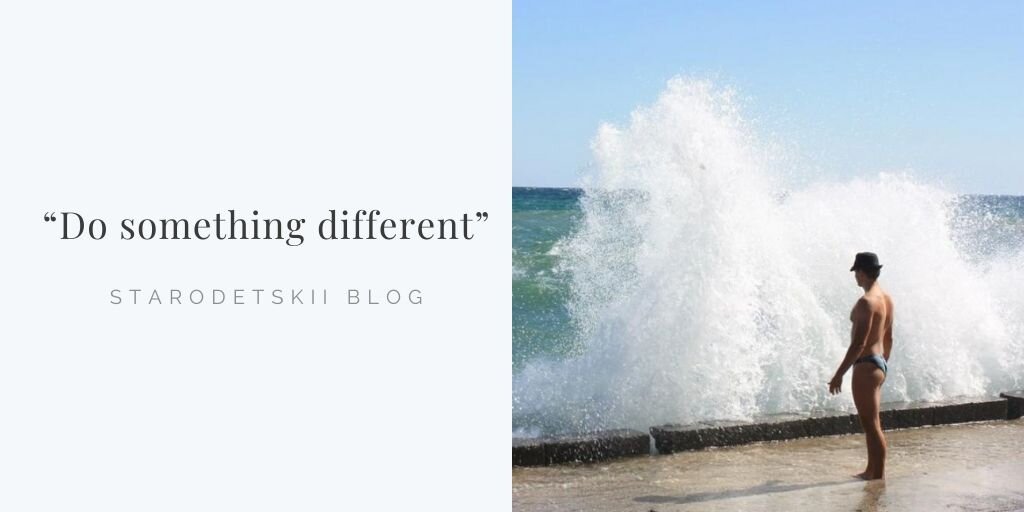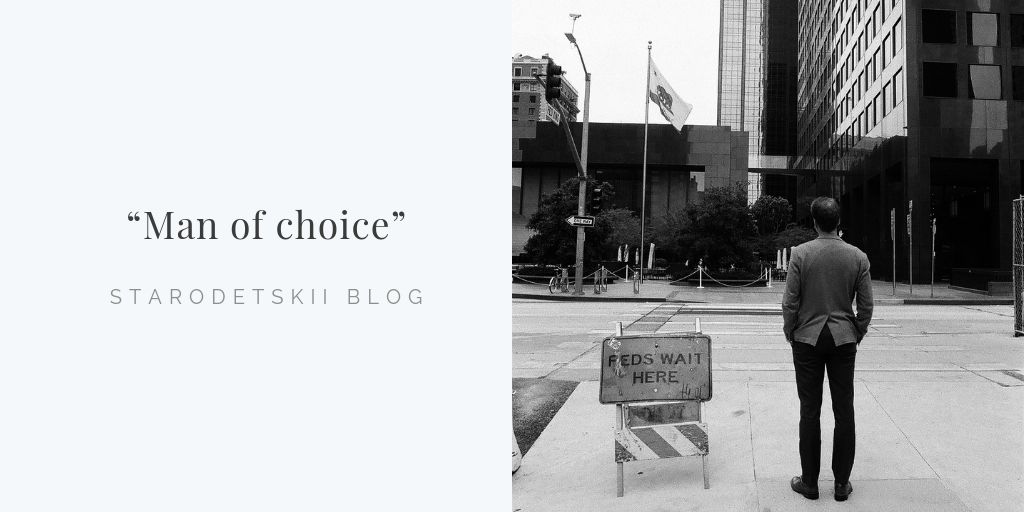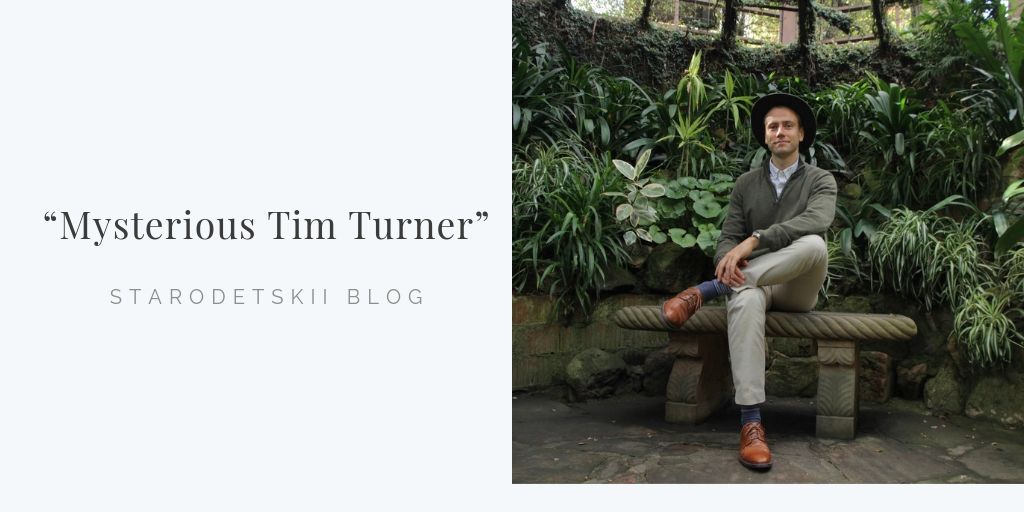My filmmaking journey
Konstantin Starodetskii
The earliest memory that connects me to filmmaking dates back to my elementary school years in Saint-Petersburg, Russia. My grandfather brought me to a film set for the first time. It was an unforgettable experience. Each time coming with him was like a magical trip to a different world. People called my grandfather the "king of extras." What I loved about my grandfather the most was the fact that he was a soldier during World War II while he was having lots of fun as an extra, like a kid.
Film sets have something special in them, something that is hard to describe. When I come there, it feels like home. During these set visits, I fell in love with cinema. I started to watch a movie after movie, followed by re-watching sessions. I was trying to figure out the way they were made. It inspired me to make my home videos using a miniDV camera that I got as a present. Friends and family liked them. I even won some prizes at the local film festivals. It was a hobby, but I enjoyed it very much. I didn't even think that making films can be a career.
I got into a finance university, which was a common path, especially in the city where I lived, but I felt that it wasn't something that I wanted to do. I took an academic vacation and went to study English in New York, USA. A whole new country, an entirely new world, appeared in front of me. While being there, I realized that making films can be a real job. I started to visit filmmaking schools all over New York. I checked all of the film programs, and, eventually, I found one school that offers a scholarship for MFA in filmmaking for international students. I set myself a goal to apply for the school.
I went back to Russia and switched to an accelerated study program at my finance university to get a bachelor degree as soon as possible. A year later, I am in NY again. But now, I am learning how to make films. I realized how exciting director's job really is, even though it's challenging. We were shooting films every weekend while studying the theory of directing, acting, screenwriting, cinematography, and editing. I found out that in the US, people usually watch foreign movies in the original language, whereas in Russia all international films are dubbed. I learned how films are made on a big scale and the importance of developing screenwriting skills if you want to be a director.
While at film school, I was involved in various student film productions. I was taking every crew job possible. Also, I had experience working at the Universal Studios backlot, where I learned about a production process on big studio sets. The hands-on experience taught me a lot about the movie-making industry as a whole.
Some days, we were shooting more than 16 hours. Occasionally I slept in vans with film equipment. I wanted to save money on parking and guard the equipment at the same time. I learned how much time it takes to make a good shot and how to manage time on set well. The more prepared you are as the director, the more effective production becomes, plus you gain trust from the crew and cast.
My ultimate goal is to create worlds where the audience would be able to escape and experience all kinds of emotions, like during a long-term adventure. I want to prove that there is no limit to imagination.





















